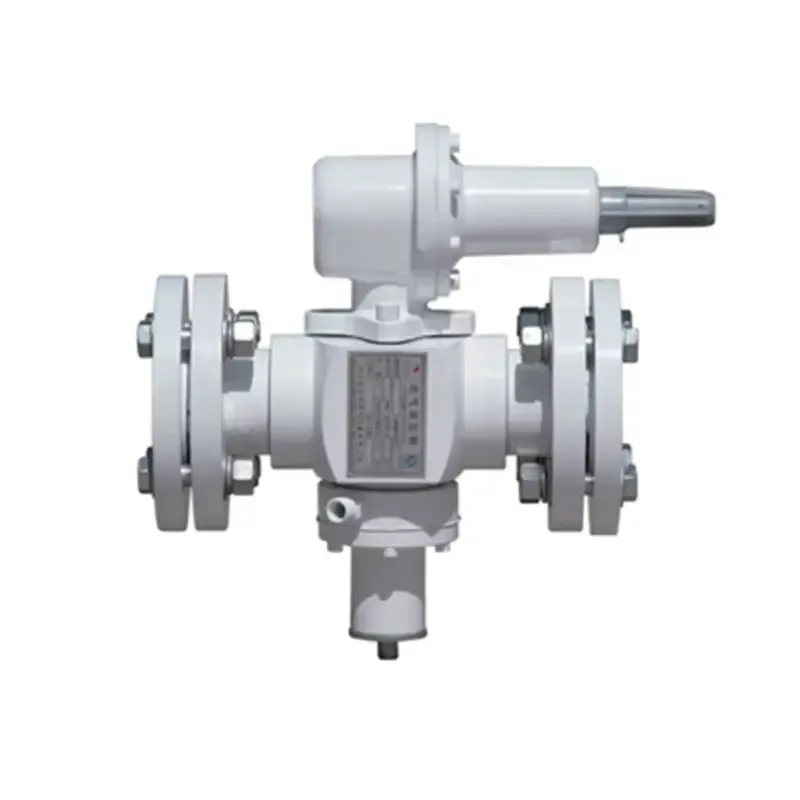
Oct . 09, 2024 11:18
Back to list
heat exchanger
The Importance of Heat Exchangers in Modern Industries
Heat exchangers are pivotal components in various industrial processes, playing a crucial role in maintaining energy efficiency and optimizing thermal management. These devices facilitate the transfer of heat between two or more fluids without mixing them, thereby contributing to effective heat recovery and energy savings in several applications, including power generation, chemical processing, and HVAC systems.
Heat exchangers operate based on the principle of thermodynamics, where heat naturally transfers from a warmer fluid to a cooler one. They come in various designs and configurations, including shell and tube, plate, finned tube, and air-cooled heat exchangers, each suitable for specific applications and operational conditions. Selecting the appropriate type of heat exchanger depends on factors such as the nature of the fluids, temperature and pressure requirements, and space constraints.
In the power generation sector, heat exchangers are integral to processes such as steam generation, condenser systems, and cooling loops. In nuclear power plants, for instance, heat exchangers help transfer energy from the reactor to generate steam, which drives turbines for electricity production. Similarly, in fossil fuel plants, they are utilized in the flue gas systems to recover waste heat and improve the overall efficiency of the plant.
The chemical processing industry also relies heavily on heat exchangers for operations like distillation, crystallization, and drying
. By effectively managing temperature profiles throughout these processes, heat exchangers help maintain optimal conditions for reactions and separations, thereby enhancing product quality and throughput while minimizing energy consumption.heat exchanger

In HVAC systems, heat exchangers play a vital role in ensuring comfort and energy efficiency in commercial and residential buildings. They facilitate heat recovery from exhaust air to precondition incoming fresh air, which not only reduces energy costs but also supports sustainability initiatives by lowering the carbon footprint of buildings. The rising concern for environmental impact has led to innovations in heat exchanger technology, with a focus on improving heat transfer efficiency and reducing operational costs.
The growing need for energy-efficient solutions has spurred advancements in heat exchanger design and material science. For example, the development of compact heat exchangers allows for smaller footprint installations while maintaining high efficiency. Additionally, the use of advanced materials, such as alloys and composites, enhances corrosion resistance and thermal performance, making heat exchangers more durable and reliable.
Regular maintenance and monitoring are critical for the optimal performance of heat exchangers. Fouling—caused by the accumulation of deposits on heat transfer surfaces—can significantly reduce heat transfer efficiency and increase operating costs. Thus, implementing cleaning and maintenance schedules is essential for ensuring long-term operational efficiency and extending the lifespan of these vital components.
In conclusion, heat exchangers are essential in various industries due to their ability to enhance energy efficiency and optimize thermal management. As the world becomes more conscious of energy consumption and environmental sustainability, the demand for efficient heat exchanger systems will continue to grow. By investing in innovative designs and technologies, industries can not only improve their operational performance but also contribute positively to global sustainability efforts. The future of heat exchangers promises further advancements that will continue to shape the landscape of industrial processes, making energy optimization a reality in a world that increasingly values efficiency and sustainability.
Latest news
-
Safety Valve Spring-Loaded Design Overpressure ProtectionNewsJul.25,2025
-
Precision Voltage Regulator AC5 Accuracy Grade PerformanceNewsJul.25,2025
-
Natural Gas Pressure Regulating Skid Industrial Pipeline ApplicationsNewsJul.25,2025
-
Natural Gas Filter Stainless Steel Mesh Element DesignNewsJul.25,2025
-
Gas Pressure Regulator Valve Direct-Acting Spring-Loaded DesignNewsJul.25,2025
-
Decompression Equipment Multi-Stage Heat Exchange System DesignNewsJul.25,2025

